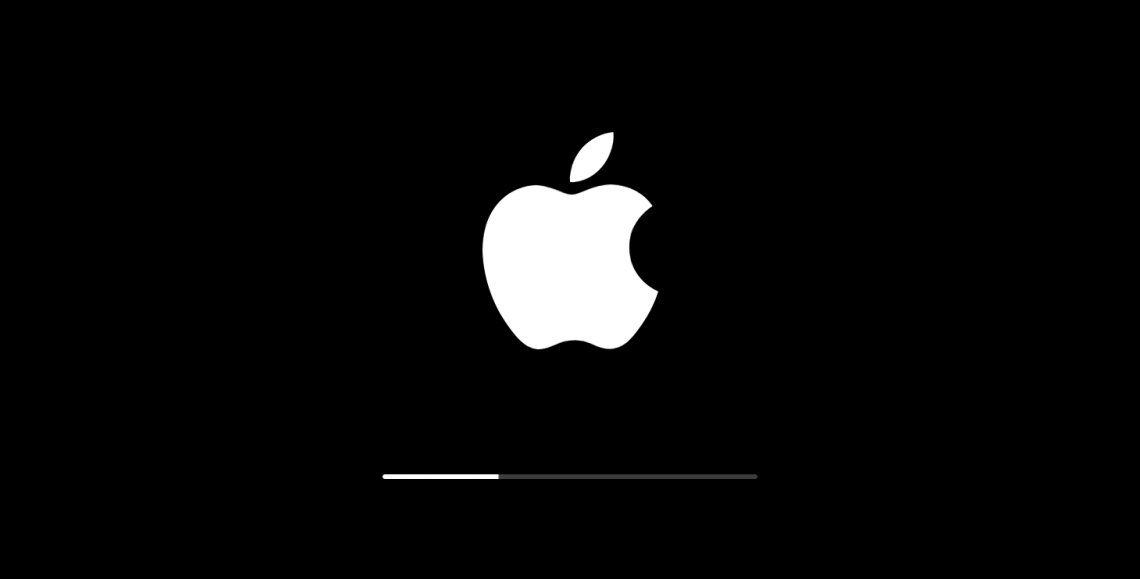
Apple, or capitalism with bite
Apple makes money – a lot of money! In fact, Apple makes more money than any company has ever made and now finds itself, logically, with mountains of cash. As high as some 200 billion dollars, and more than the US Treasury. Of course, it’s the shareholders who are the ultimate owners of these monumental liquid reserves since Apple is a publicly listed company. Shareholders who delegate the management of this treasury to Apple’s executive board.
During the first half of the 20th Century, it was in the form of dividends distributed by companies to their shareholders that the payment of these treasury surpluses operated most of the time. It was precisely for the anticipated dividends that investors picked out then purchased their investment portfolio, as it was the sum of these dividends which often served as a basis in determining the development of a publicly listed share. The listed companies’ management teams were perfectly aware that it was the distribution of dividends that attracted investors, who didn’t play coy with them. Besides, two thirds of the companies listed on different New York stock exchanges paid out dividends in 1978.
However, the proportion of companies that distribute them has now plummeted to about 20%, nevertheless with another fundamental difference being that those who continue to pay dividends to their shareholders do so in much more impressive quantities. Apple – which has re-established ties with this tradition of the dividend since 2012 – is one of them, and the settlements it makes in favour of its unitholders are indeed the most substantial on the planet. But there are also other arrangements that a company can make to pay money back to its shareholders, which consist quite simply of buying back its own shares on the stock exchange, which as a natural consequence drives the price of this same stock up by the simple logic of supply and demand. It is actually this method which has been widely adopted for about the last thirty years, in the knowledge that – for this as well – Apple rules the roost in terms of the most substantial buybacks in the history of global finance, since it is this company that has carried out three of the five largest share buybacks in the history of the American Standard & Poor’s index.
The belt has thus been buckled and the case closed: Apple is a humongous money machine, a monstrous profit-generating tool which redistributes to its owners a chunk of its sumptuous cash reserves which flood its registers and bank accounts. But not so fast! Because Apple, in reality, doesn’t return its own cash to its shareholders but – very strangely – money that it solicits on the market! The dividends paid out by Apple, like the sums used to purchase its buybacks, are actually not drawn from its global profits. And for good reason, since it would have to pay considerable amounts of tax to the United States if it were to repatriate a part of its profits in order to give them back to its shareholders. The head honchos at Apple therefore prefer to borrow these sums at the notoriously favourable going market rates, thus saving on the differential, which allows it to increase its profits more, thanks to unpaid US taxes that they do not owe.
Furthermore, and in case you were wondering about the motives behind why companies now prefer to proceed with buying back their own stock rather than paying dividends, they are very easy to understand. Shareholders are indeed taxed less when it comes to company buybacks, on shares which for them are just unrealised capital gains awaiting appreciation, than on dividend payments which are in fact revenue and are taxed as such. It is another cleverly thought out way for Apple (and many others) to butter up and egg on its shareholder base.
Dear readers,
This blog is yours: I maintain it diligently, with both consistency and passion. Thousands of articles and analyses are available to you here, some dating all the way back to 1993!
What were once considered heterodox views on macroeconomics have, over time, become widely accepted and recognized. Regardless, my positions have always been sincere.
As you can imagine — whether you’re discovering this site for the first time or have been reading me for years — the energy and time I dedicate to my research are substantial. This work will remain volunteer-based, and freely accessible to all.
I’ve made this payment platform available, and I encourage you to support my efforts through one-time or recurring donations.
A heartfelt thank you to all those who choose to support my work.
